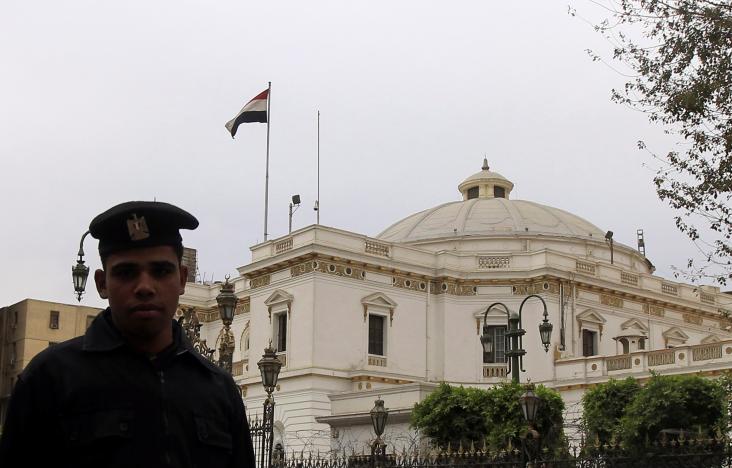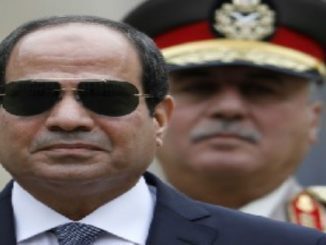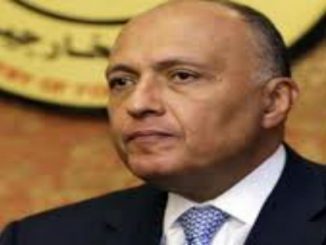A new bill regulating press and media is awaiting the Egyptian House of Representatives’ approval, according to
Al-Ahram, a state-owned newspaper. In this context, the members of parliament are pushing to form a new supreme press council in an attempt to find an interim solution to the fact that the term of appointment of the national press institutions’ editors-in-chief will end in June, while the new media law is yet to be issued.
According to MENA agency (official news agency), the MP Mostafa Bakry said, “A total of 324 MPs signed a proposal to amend the current press law to form a new supreme press council”, a proposal expected to be approved by the end of June.
A higher media council is to replace the supreme press council to regulate the media and the press according to the new media law, in addition to two separate national authorities governing public and private media organizations, according to the Constitution. On May 16, a new law was endorsed by the cabinet waiting for the parliament’s approval.
The amendment proposal adds : “The president of the republic issues a decision to form the supreme press council”, which is in Article 68 of the press law, Law no. 96 of 1996 the following: “until the law organizing the press and the media is issued, on the basis that the council will take the powers and responsibilities that were taken upon by the Shura Council regarding matters of press, journalists and national press institutions in this law and other laws.”
The supreme council is presided over by the head of the Shura Council and includes editors-in-chief of national press institutions according to the law 96. However, the amendments is about to change the national press institutions’ editors-in-chief whose term of appointment expires at the end of June.
In July 2013, the Shura Council was dissolved and in 2014 it was abolished by the Constitution which refers to the House of Representatives only. Conditions of press and media have deteriorated under Abdel Fattah al-Sisi who led a military coup in 2013 against Mohamed Morsi, the first democratically elected president. The regime launched a massive crackdown on human rights, political opposition and freedom of press.
Last month, the Egyptian security forces have stormed the Press Syndicate building for the first time in its history. They arrested two journalists who were organizing a sit-in in the building against their colleagues arrests on April 25 demonstrations. As a result, the Press Syndicate held an emergency meeting that called for the dismissal of the Minister of Interior and the apology of the presidency. Recently, the head of the Press Syndicate and two board members have been put on trial accused of harboring fugitives and disseminating false news.
It is not expected that the higher media council will allow more freedom of speech and expression in Egypt. However, it is expected to implement more censorship on media and press. It is also expected that the new appointments in the media will include more loyal journalists to the regime as a way to eliminate any form of criticism that would challenge the regime’s power. Many journalists have called and participated in the latest demonstrations against giving away Tiran and Sanafir islands to Suadi Arabia.




